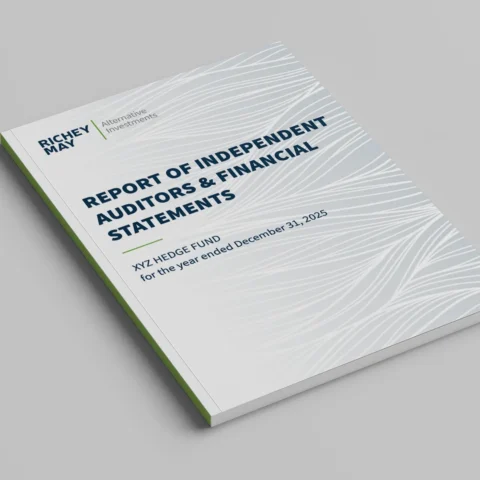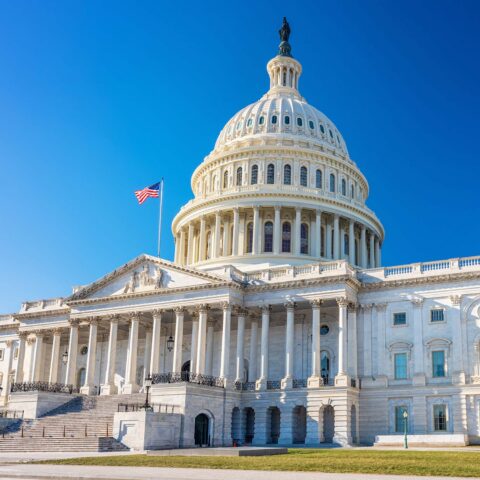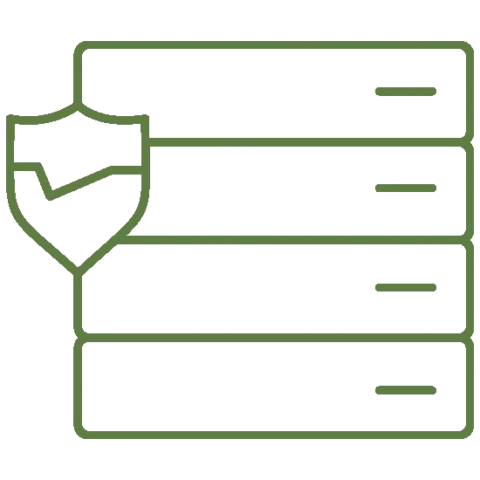Important Update 12/30/24: As of December 26, 2024, a federal court order has reinstated an injunction on beneficial ownership reporting requirements, meaning reporting companies are not currently required to file with FinCEN. However, companies may voluntarily submit reports during this time. As the legal proceedings continue, changes to the reporting requirements may occur at any time. Please monitor updates on the FinCEN website.
Important Update 12/26/24: Following a December 23, 2024, federal Court of Appeals decision, most reporting companies are once again required to file Beneficial Ownership Information (BOI) reports with FinCEN. To provide additional time due to the prior injunction, the Department of the Treasury has has announced a short delay in the reporting deadlines for most businesses to January 13, 2025. Please see additional information on the FinCEN website.
Important Update 12/18/24: On December 3, 2024, a national injunction was issued by a Texas court, leading to a proposed extension of the Beneficial Ownership Information (BOI) reporting deadline from January 1, 2025, to January 1, 2026. This extension would allow time for the courts to address the constitutionality of the BOI reporting requirements.
As we discussed last year, the regulatory landscape surrounding beneficial ownership information (BOI) reporting has evolved significantly, particularly with the implementation of the Corporate Transparency Act (CTA). In 2021, Congress this legislation to tackle a lack of transparency that allowed criminals and corrupt officials to hide their identities in an effort to launder funds through shell companies. This landmark legislation makes it mandatory for U.S.-based entities as well as foreign businesses operating within American boundaries to submit information regarding beneficial owners; this data is then securely provided by FinCEN (the Treasury Department’s Financial Crimes Enforcement Network) only upon request from authorized parties such as government agencies, banks, and select users.
This blog post will review the key points that may apply to Independent Mortgage Bankers. Read our initial post for a refresher; this post will review the recent updates published by FinCEN.
Initial Reporting Deadlines
- The initial report is due January 1, 2025 for entities in existence prior to January 1, 2024.
- A reporting company created or registered on or after January 1, 2024, and before January 1, 2025, will have 90 calendar days after receiving notice of the company’s creation or registration to file its initial BOI report. This 90-calendar day deadline runs from the time the company receives actual notice that its creation or registration is effective or after a Secretary of State or similar office first provides public notice of its creation or registration, whichever is earlier.
- Reporting companies created or registered on or after January 1, 2025, will have 30 calendar days from actual or public notice that the company’s creation or registration is effective to file their initial BOI reports with FinCEN.
- On July 28, 2024, FinCEN issued two new FAQ’s on reporting obligations of dissolved companies. A brief summary is below:
- Companies that ceased to exist as legal entities before January 1, 2024, are not required to file a BOI report.
- Reporting companies that existed as a legal entity for any period of time on or after January 1, 2024 (meaning they did not entirely complete the process of formally and irrevocably dissolving before January 1, 2024) are required to file a BOI report.
- Reporting companies created or registered on or after January 1, 2024, are required to file a BOI report even if they ceased to exist as a legal entity before their initial BOI report was due.
States Also Enacting Legislation
Some states are considering enacting or have already passed legislation that will become their own version of the Corporate Transparency Act (CTA). In August of 2024, the state of New York passed a revised version of the LLC Transparency Act that follows suit with the CTA. This revised legislation also requires that New York-based entities report exemption status to the New York Secretary of State.
Other states also considering legislation are California, Maryland, and Massachusetts.
Corporate Transparency Act Reaches the 11th Circuit
Challenges to the Corporate Transparency Act have reached a federal appellate court. However, it was unclear whether the 11th circuit panel was receptive. The 11th Circuit should reach a decision by the end of 2024. It is important to note that this decision will impact the Federal law only. States considering enacting similar legislation will not be affected by the 11th Circuit’s decision; therefore, some Independent Mortgage Bankers will still have to contend with state requirements, if applicable.
Important Exemptions that May Apply to Mortgage Bankers
One of the largest exemptions that may apply to Independent Mortgage Bankers:
Exemption 21 – Large operating company
Any entity that: (A) employs more than 20 full time employees in the United States, with “full time employee in the United States” having the meaning provided in 26 CFR 54.4980H-1(a) and 54.4980H-3, except that the term “United States” as used in those sections of the CFR have the meaning provided in 31 CFR 1010.100(hhh), (B) has an operating presence at a physical office within the United States, and (C) filed a Federal income tax or information return in the United States for the previous year demonstrating more than $5,000,000 in gross receipts or sales, as reported as gross receipts or sales (net of returns and allowances) on the entity’s IRS Form 1120, consolidated IRS Form 1120, IRS Form 1120-S, IRS Form 1065, or other applicable IRS form, excluding gross receipts or sales from sources outside the United States, as determined under Federal income tax principles. For an entity that is part of an affiliated group of corporations within the meaning of 26 USC 1504 that filed a consolidated return, the applicable amount shall be the amount reported on the consolidated return for such group.
What Does This Mean for Independent Mortgage Bankers?
While Exemption 21, will reduce compliance needs for many IMB’s, there are further exemptions for subsidiary entities. Any entity whose ownership interests are controlled or wholly owned, directly or indirectly, by one or more entities described in exemptions 1, 2, 3, 4, 5, 7, 8, 9, 10, 11, 12, 13, 14, 15, 16, 17, 19, or 21 are also exempted (see link for full list). However, the exemptions do not speak to tiered structures where the operating entity is the lower tier.
Therefore, many tiered structures with the operating entity at a lower tier may likely have reporting requirements. As such, it appears if an IMB is just starting up, part of a tiered structure, or has other affiliated entities/investments these BOI rules will need to be fully reviewed.
Who Can Prepare BOI Reports?
Generally, this filing is considered part of the practice of law. The New Jersey Supreme Court ruled that CPAs preparing BOI filings under CTA are unauthorized practices of law. It seems that, by definition, it is, but they carved out that if the taxpayer is notified that a review of the filing by a lawyer is advisable, then this appears to be permissible due to the public interest and protection aspect. It seems likely that other states will use similar standards; however, it is also likely that each state will be different. At this time, Richey May is not engaging to prepare these filings. Please engage with your legal counsel to understand your BOI requirements and filing obligations.
For more information or if you have any questions regarding these new changes from FinCEN, please reach out to your Mortgage Banking Tax Expert at Richey May or contact us at info@richeymay.com.





